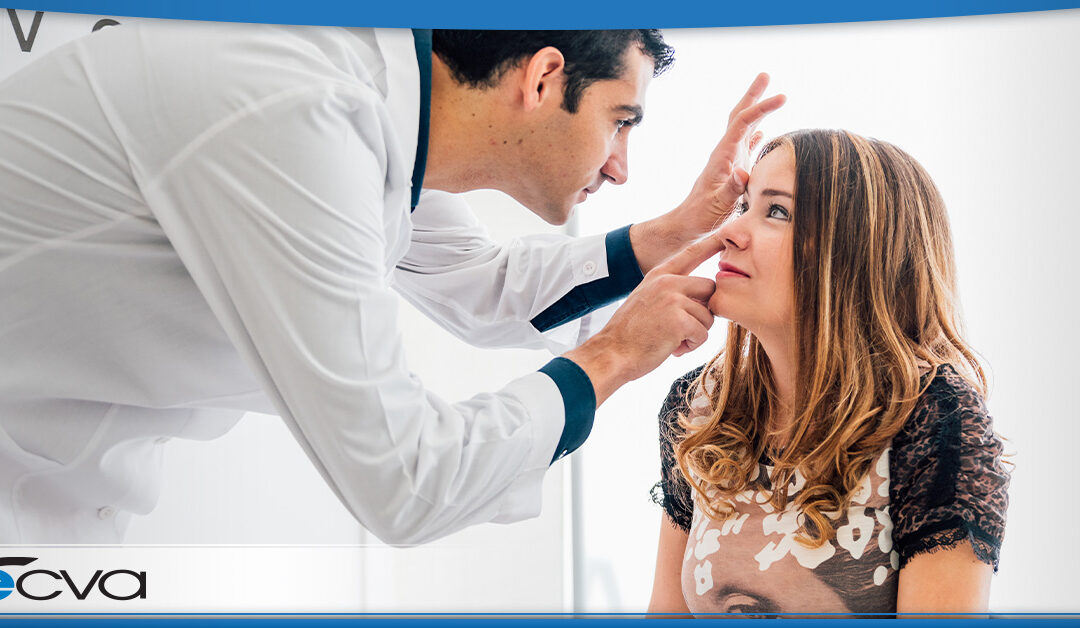
by ecvaeyeadminz | Sep 21, 2022 | Eye Health
While light is critical for vision, it can also lead to some difficulties. One prime example is halos, rings of light around light sources. At times, halos are simply distracting. In others, they’re a major hindrance. Plus, they can be a sign of certain eye-related...

by ecvaeyeadminz | Sep 7, 2022 | Eye Health
Maintaining proper eye health throughout the course of your life is essential. By doing so, you can potentially preserve your vision and get the correct lenses at the right time, potentially allowing you to avoid issues like eye strain and headaches. While...
by ecvaeyeadminz | Sep 6, 2022 | Cataracts
More than 10 million cataract surgeries are performed around the world each year. About four million of these are performed in the U.S. annually. Cataract surgery is a safe, effective tool to return people to health and improve their vision. The incidence of cataract...
by ecvaeyeadminz | Sep 1, 2022 | Pediatric Ophthalmology
Back-to-school brings a flurry of activity to most family households. There are many tasks to accomplish before school starts and parents and their children often rush to complete them. But do you realize you may be missing the most important preschool task of all?...




